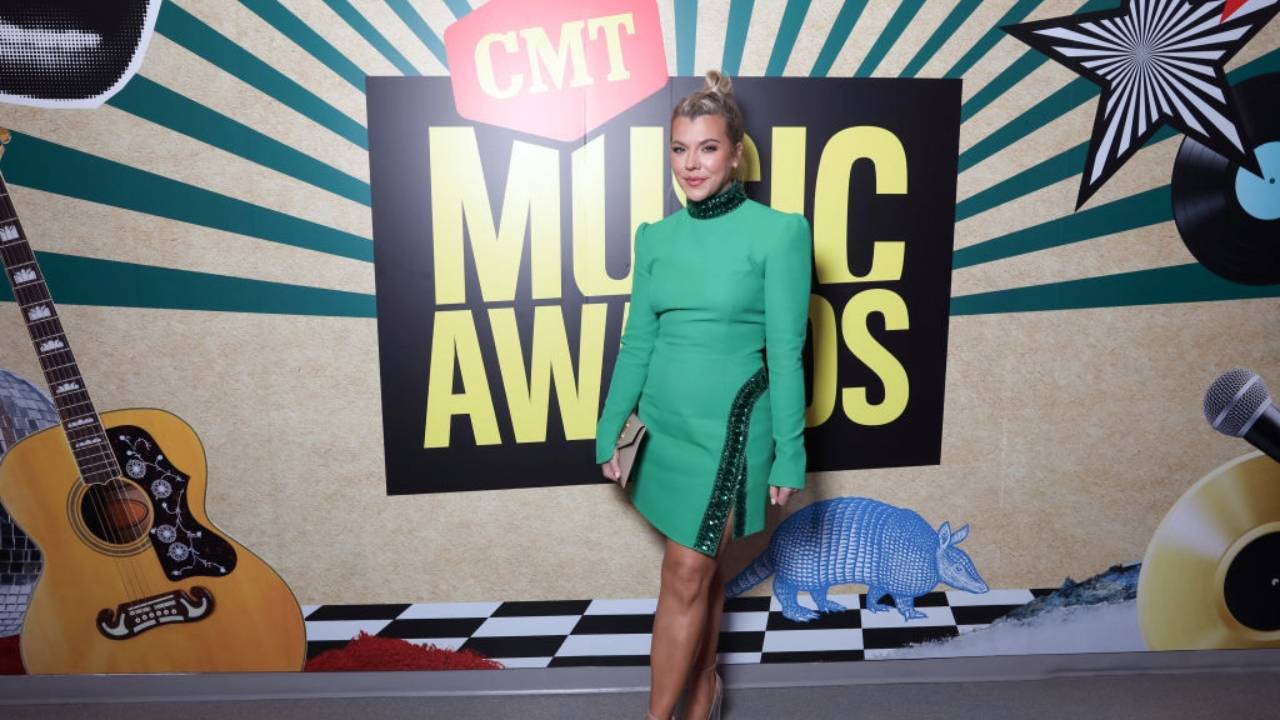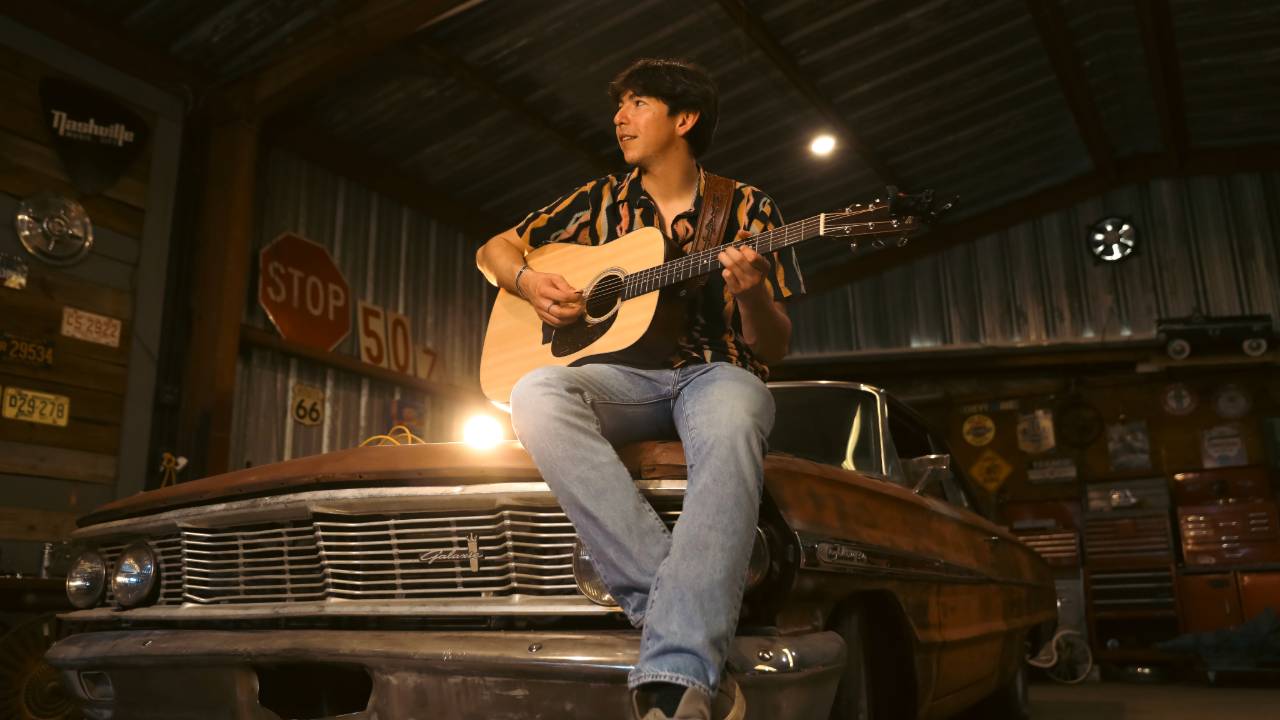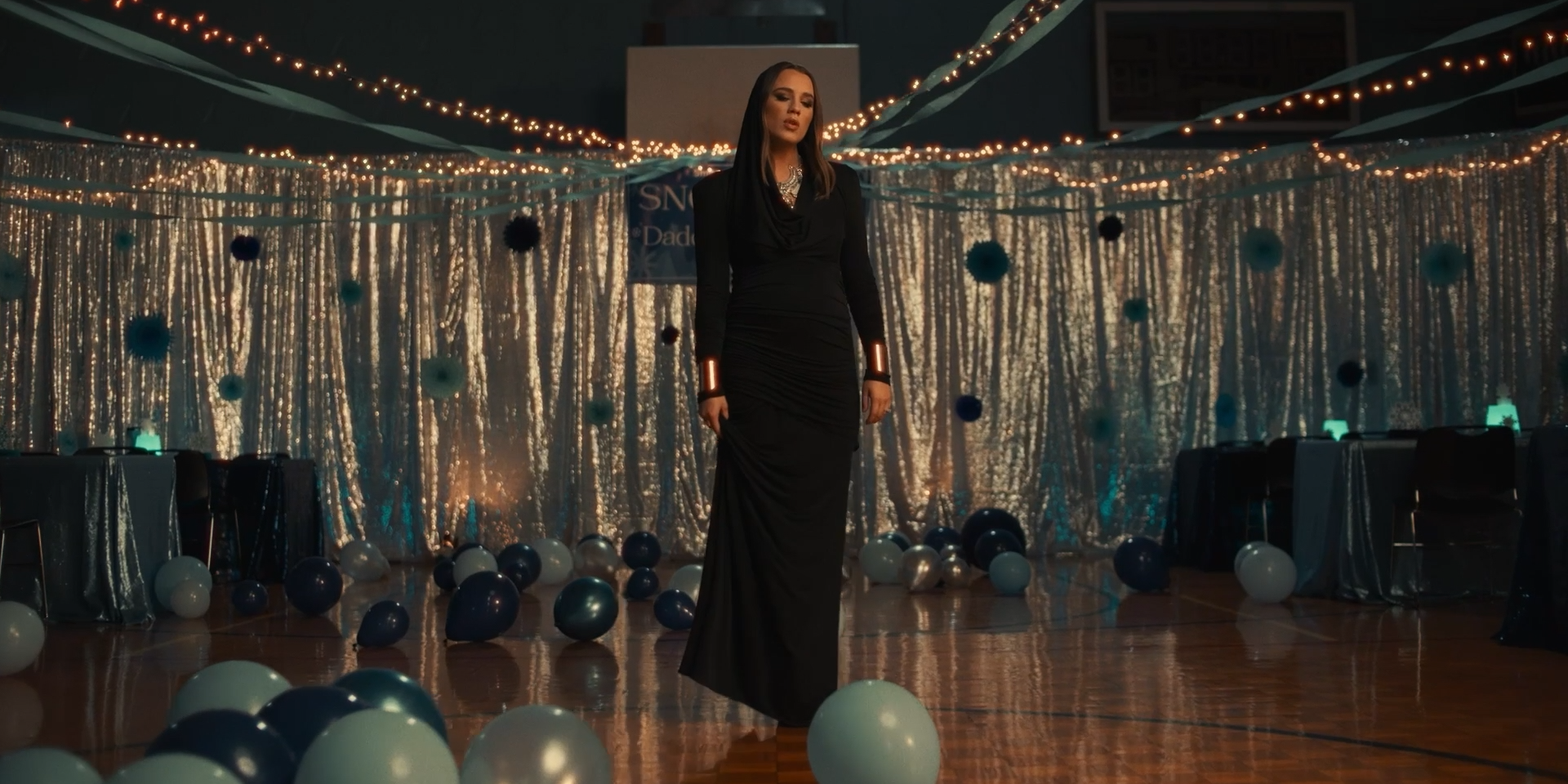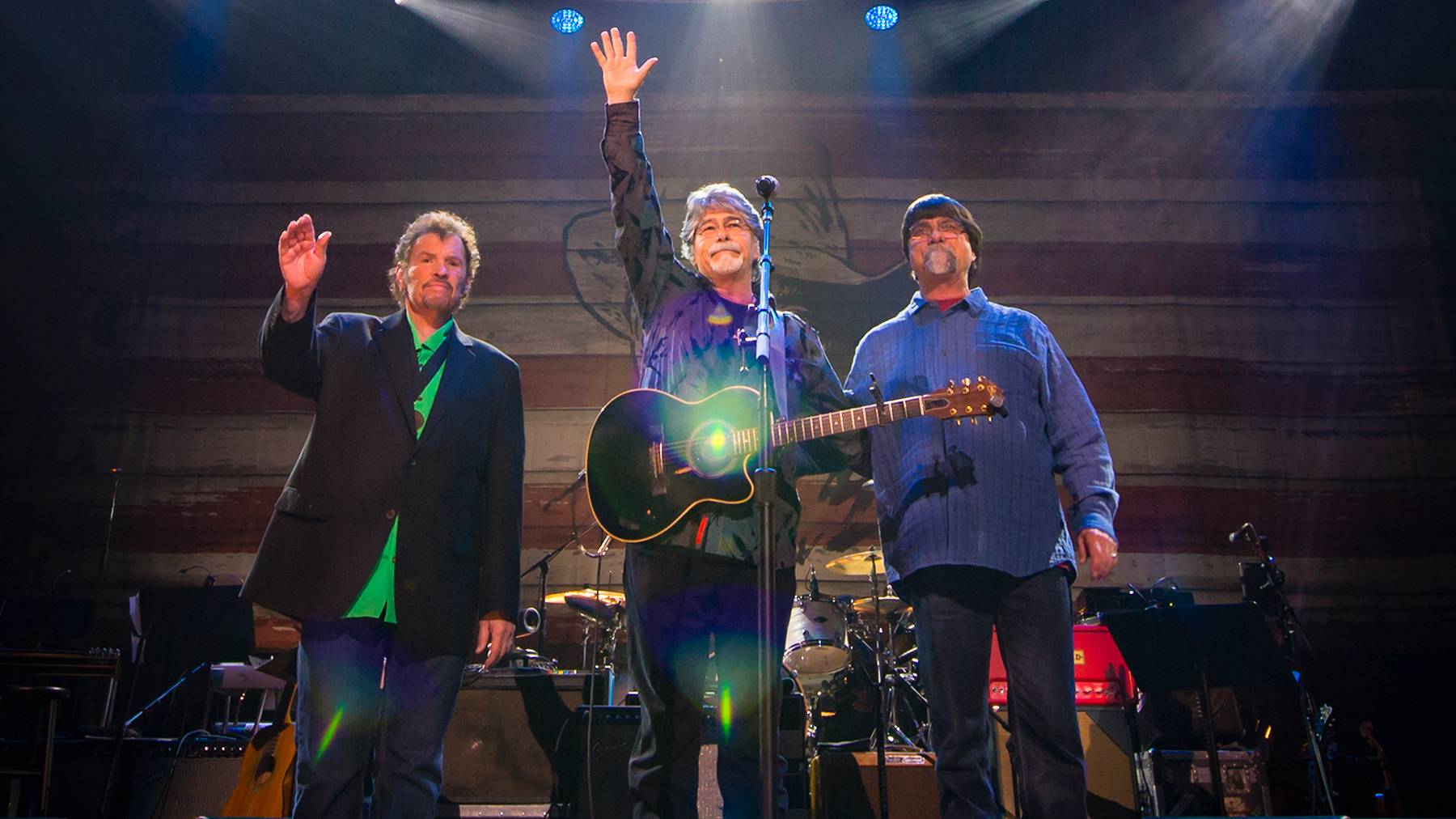NASHVILLE SKYLINE: Is Country Music Recession-Proof?

(NASHVILLE SKYLINE is a column by CMT/CMT.com Editorial Director Chet Flippo.)
This is a discussion I've had with several people lately, and it keeps coming up more and more in serious (and even not so serious) conversation. Namely, what is going to become of country music? It's so important and timely a subject that everyone with any interest in the music -- let alone a livelihood associated with the business -- needs to give it some earnest attention.
After all, just look around you at the wreckage of businesses and highflying business plans, of failed Web sites strewn across the landscape, of grandiose music ventures driven straight into the ground. But most of all, consider the sad legacy of pop and rock music itself these days. Consider what it was not that long ago, compared to its present sorry state. There's no point in criticizing particular artists or specific record label executives. You know what and who I'm talking about.
And the whole music issue is not just about CD sales vs. downloads, about listening on an iPod compared to "real" sound on real speakers, about illegal downloads vs. legal, about any other technical or legal issues. Music delivery systems have evolved over the history of recorded music and will continue evolving. How you get the music and listen to the music ultimately doesn't mean a damn thing. It's getting the music that is the important matter. But the technology cannot and should not dictate what the music is.
But finding choices, discovering new music you want to experience and try on, finding new releases by old friends -- those things are becoming difficult. It's often hit or miss, word of mouth or increasingly only available online. If you know where to look. It's no coincidence that two of the recent huge successes in music -- Taylor Swift in country and Colbie Caillat in pop and beyond -- are MySpace graduates.
I am genuinely concerned about avenues for new, aspiring artists to make their music available to potential audiences. Obviously, outlets such as MySpace remain some of the viable ways to get exposure. But that's an area of music development that needs serious attention.
Amazingly, CDs continue to sell -- for a few people. The ever-astonishing Taylor Swift is outsold this last week only by the new Britney Spears CD. And Swift is outselling recent releases by Kanye West, Beyoncé, Josh Groban, Nickelback and Akon, among others. Significantly, though, Swift remains one of the few bright lights in country CD sales. Other impressive sellers have been Faith Hill's Christmas album and Elvis Presley's Christmas duets album. Of course, where do you go these days to find CDs for sale -- outside of the Top 10 releases, that is? The big-box stores have the holiday CDs, plus recent releases by the likes of Blake Shelton and Trace Adkins, but the racks thin out when you're looking for music beyond the upper commercial ranks. We're lucky in places such as Nashville to still have well-stocked record stores with knowledgeable clerks, but that's not the situation in many areas today.
But I'll tell you what, I am pretty optimistic -- given all the doomsday scenarios we're barraged with every day about everything -- that country music is going to be around for a long time. Like the cockroach, country may be impervious to even a nuclear attack. I have listened to country music for a long time and I think that -- given the present cultural and social context -- country is no better and no worse than it has ever been. There has always been crap that's briefly popular, and there's always been great music that hasn't sold. It all evens out, eventually.
I'm serious about country's longevity. Why? It will exist and flourish as long as there is an audience that needs it and calls for it. And country's appeal to basic human emotions will continue. Simply put, country music provides a basic human need. If the marketplace geniuses can't find a way to sell that, in some way, then they -- themselves -- need to fail. Not the music. Because I feel that it's fail-safe. But only if it remains music that is grounded in everyday life and basic human values. And I'm not talking about little songs, that are rollicking, banjo-driven ditties about how grand life and love and you, babe, are. Telling each other how great we are doesn't cut it anymore.
It's too soon yet to see if any contemporary country songs will reflect the current economic recession and hard times in business and industry and life in general. Country songs during the Great Depression years addressed many aspects of life, ranging from President Franklin Roosevelt's New Deal, to hard times in the coal mines and textile mills of the Southeast, and to the dust bowl in the Southwest. In fact, the great migration west as a result of the dust bowl ended up spreading country music (then still referred to as "hillbilly") into California and beyond, a musical migration that stuck and endured. Another interesting aspect of the Depression was that record sales overall plummeted, although country record sales remained even or showed modest increases in some areas. Many major recording artists were dropped as the major record labels instituted cutbacks. Still, new independent labels of the day, such as Decca, saw great success. Radio listenership experienced an upswing during the Depression. And touring held fairly steady. The music was clearly fulfilling a function.
For country's future, as long as country music fills a vital function and remains a fount of basic human nature and storytelling and is not derailed in pop fantasies and fluff, people will listen to it and seek it out. And I'm not just talking about only red staters vs. blue staters. A whole lot of people like country music, because it calls out to them and because it addresses some basic human needs and desires.
You must remember country's roots. It sprang from Anglo-Saxon folk songs from the British Isles, filtered through emigrants to Appalachia, then it was threaded with black Southern blues from Africa, and both white and black Southern gospel music, and Texas and Southwestern cowboy and Western music, not to mention Mexican ballads and dance music, and polka brought over from Europe, and swing and jazz from New Orleans. It's a mongrel music, made all the richer because of its various strains. And those strains are rooted in real life. Sometimes country music drops parts of its DNA and tries to be Britney Spears or something equally weird, but it usually gets slapped back to reality. Most times. It's the public that takes on the role of Credibility Police.





